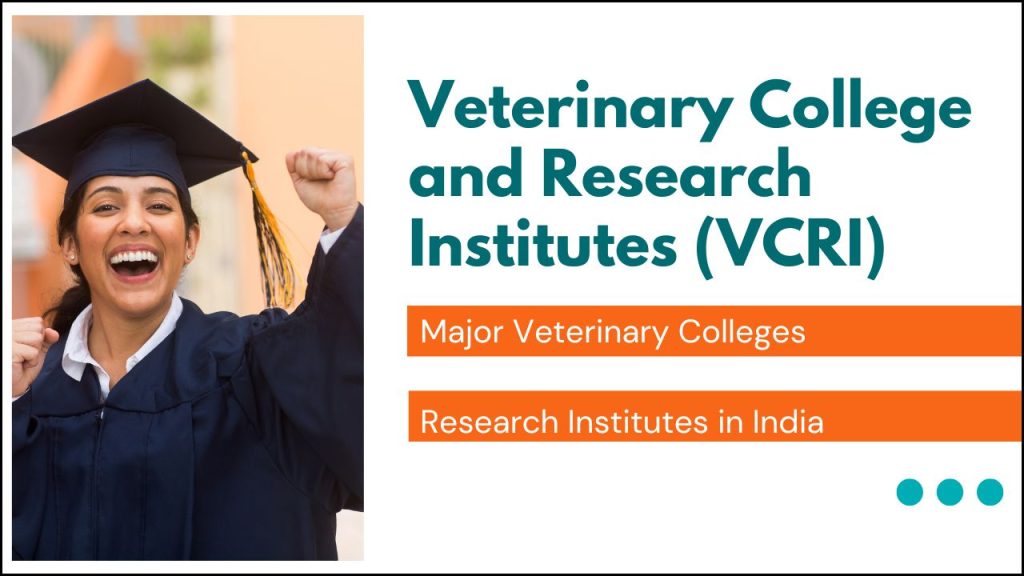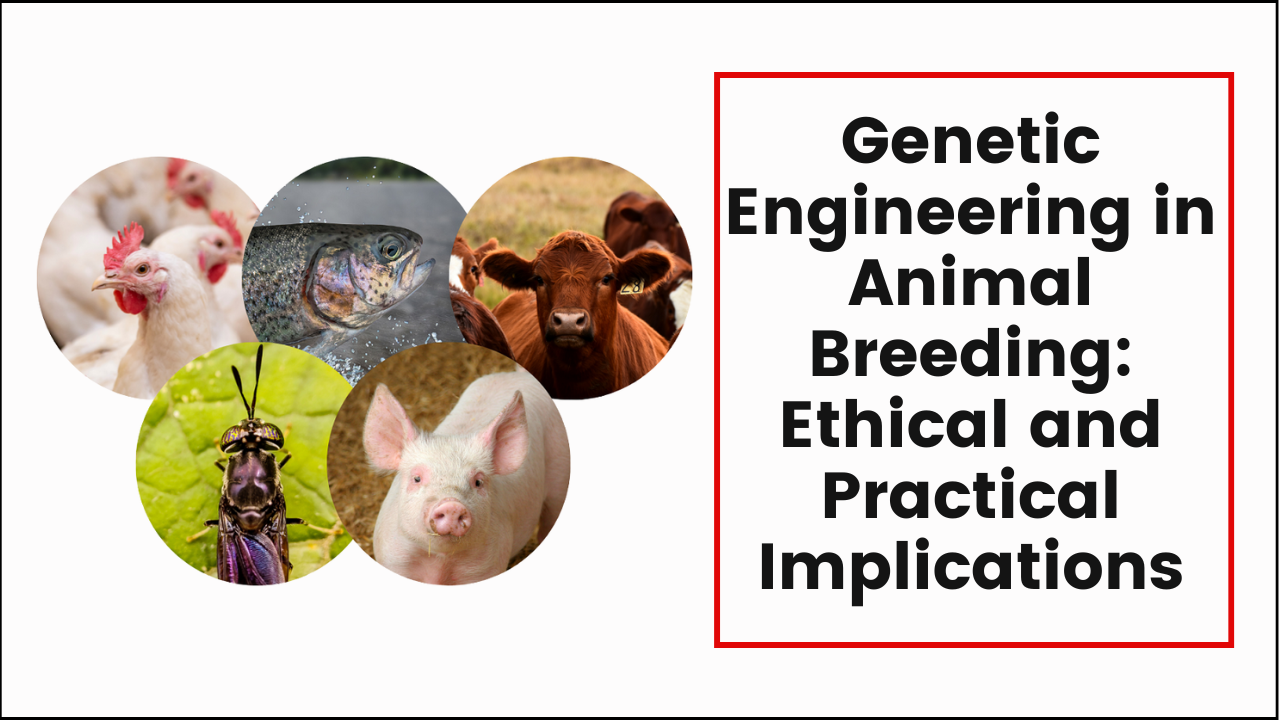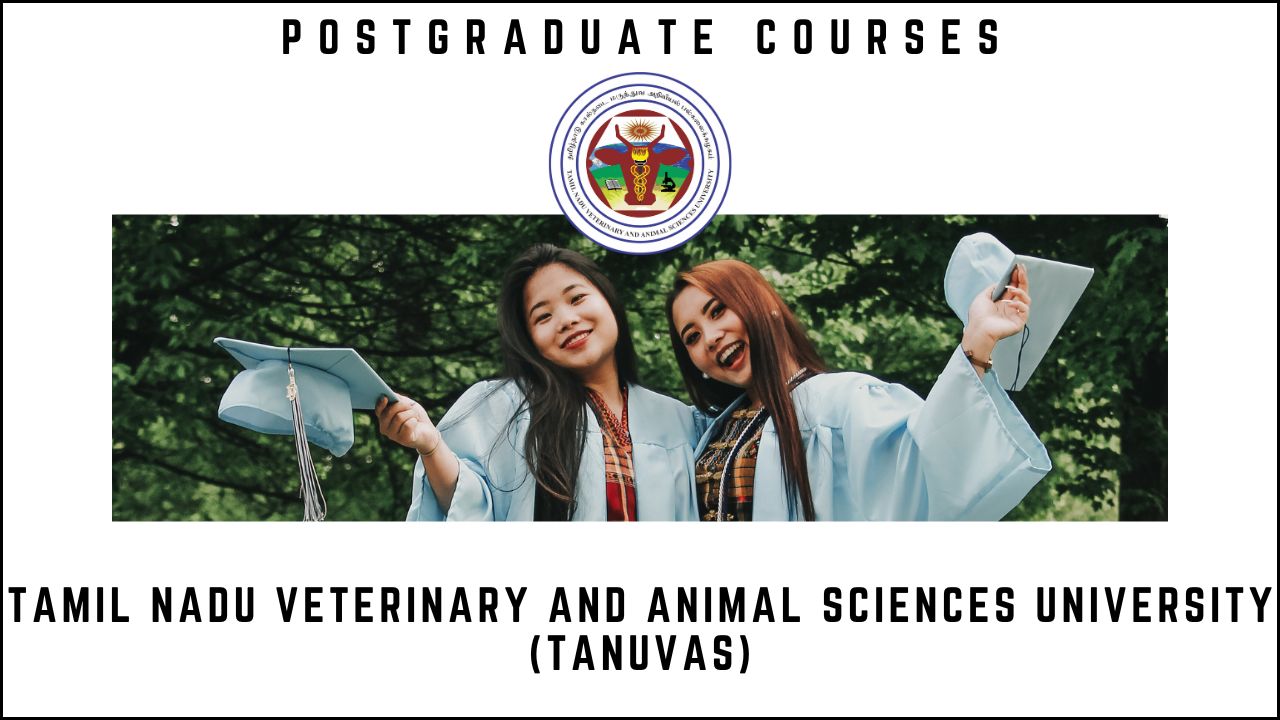
Veterinary education plays an important role in the development of animal health and the livestock sector. Veterinary College and Research Institutes (VCRI) in India are institutions dedicated to training students, conducting research, and offering services related to animal care. These institutes come under the State Agricultural Universities and Veterinary Universities. A major focus is given to improving animal health, increasing livestock productivity, and ensuring food security.
Table of Contents
Importance of Veterinary Education
- Veterinary education contributes to public health, animal welfare, and rural development.
- Veterinary professionals help in controlling animal diseases, especially zoonotic diseases.
- Research from these institutes supports the dairy, poultry, and meat industries.
- Veterinary services play a role in increasing farmers’ income and improving nutrition.
Objectives of VCRI
- Training students in veterinary and animal sciences.
- Researching animal diseases, nutrition, reproduction, and biotechnology.
- Providing veterinary care and extension services.
- Promoting entrepreneurship in the animal husbandry sector.
Features of VCRI in India
- VCRIs offer undergraduate, postgraduate, and doctoral programs.
- Laboratories, animal farms, and hospitals are part of these colleges.
- Institutes have collaborations with national and international organizations.
- Most VCRIs receive funding from the ICAR (Indian Council of Agricultural Research).
Major Veterinary Colleges and Research Institutes in India
| Name of Institute | Location | Affiliated University | Courses Offered |
|---|---|---|---|
| Madras Veterinary College | Chennai, Tamil Nadu | TANUVAS | B.V.Sc, M.V.Sc, PhD |
| Bombay Veterinary College | Mumbai, Maharashtra | MAFSU | B.V.Sc, M.V.Sc, PhD |
| College of Veterinary Science | Ludhiana, Punjab | GADVASU | B.V.Sc, M.V.Sc, PhD |
| College of Veterinary and Animal Sciences | Bikaner, Rajasthan | RAJUVAS | B.V.Sc, M.V.Sc, PhD |
| Veterinary College and Research Institute | Namakkal, Tamil Nadu | TANUVAS | B.V.Sc, M.V.Sc, PhD |
| College of Veterinary Science | Guwahati, Assam | Assam Agricultural University | B.V.Sc, M.V.Sc, PhD |
| College of Veterinary Science | Hyderabad, Telangana | PVNRTVU | B.V.Sc, M.V.Sc, PhD |
| College of Veterinary Science and Animal Husbandry | Mhow, Madhya Pradesh | NDVSU | B.V.Sc, M.V.Sc, PhD |
| College of Veterinary Science and Animal Husbandry | Anand, Gujarat | Anand Agricultural University | B.V.Sc, M.V.Sc, PhD |
| Bihar Veterinary College | Patna, Bihar | BASU | B.V.Sc, M.V.Sc, PhD |
Academic Programs Offered
| Program Name | Duration | Eligibility |
|---|---|---|
| B.V.Sc & A.H (Bachelor of Veterinary Science and Animal Husbandry) | 5.5 years | 10+2 with Physics, Chemistry, Biology |
| M.V.Sc (Master of Veterinary Science) | 2 years | B.V.Sc & A.H degree |
| Ph.D in Veterinary Sciences | 3 years | M.V.Sc degree |
| Diploma and Certificate Courses | 6 months – 2 years | Based on program requirements |
Departments in Veterinary Colleges
- Veterinary Anatomy
- Veterinary Physiology and Biochemistry
- Animal Nutrition
- Veterinary Pathology
- Animal Genetics and Breeding
- Veterinary Microbiology
- Veterinary Pharmacology and Toxicology
- Veterinary Surgery and Radiology
- Veterinary Gynaecology and Obstetrics
- Livestock Production and Management
- Livestock Products Technology
- Veterinary Public Health and Epidemiology
- Clinical Veterinary Medicine
Facilities Available in VCRIs
- Well-equipped laboratories for teaching and research
- Veterinary hospitals for clinical training and treatment
- Animal farms with cattle, sheep, goats, pigs, and poultry
- Libraries with books, journals, and digital resources
- Hostels for students and quarters for faculty
- Computer labs and internet connectivity
- Biosecurity and disease diagnostic labs
Role of ICAR and VCI
- Indian Council of Agricultural Research (ICAR) provides accreditation and financial support to veterinary colleges.
- The Veterinary Council of India (VCI) regulates veterinary education and practice.
- Both bodies ensure quality and standardization in the curriculum.
- ICAR also promotes research through funding and collaborative projects.
Research Activities in VCRIs
- Disease diagnostics, vaccine development, and treatment trials are carried out.
- Research is done on livestock productivity, climate-resilient breeds, and feed efficiency.
- Studies focus on public health concerns like antimicrobial resistance and zoonoses.
- Institutes collaborate with organizations like FAO, WHO, and OIE.
Extension and Outreach Services
- Veterinary camps are conducted in rural areas for animal health check-ups.
- Awareness programs are arranged for farmers on disease prevention and animal management.
- Training is provided to livestock farmers on scientific practices.
- Institutes help in spreading information about government schemes.
Achievements of VCRI in India
- Several indigenous vaccines for livestock diseases have been developed.
- Breeding programs have improved native animal breeds.
- Early detection and management of outbreaks like FMD and Avian Influenza have been successful.
- VCRIs have contributed to the national dairy and poultry missions.
Career Opportunities After VCRI
| Career Path | Job Roles |
|---|---|
| Government Services | Veterinary Officer, Animal Husbandry Officer |
| Private Practice | Veterinary Surgeon, Pet Clinic Owner |
| Research and Development | Scientist, Research Associate |
| Academics | Lecturer, Professor |
| Pharmaceutical and Feed Companies | Technical Expert, Sales Consultant |
| NGOs and International Bodies | Animal Welfare Officer, Project Manager |
Contribution to Society
- VCRIs help improve food security by ensuring healthy animal products.
- Animal disease control supports public health and safety.
- Employment opportunities in rural areas are increased through animal husbandry.
- Training and services improve the quality of life for farmers and livestock owners.
The Way Forward
Veterinary colleges and Research Institutes in India are crucial institutions for animal health education and services. These institutes support rural economies, promote food safety, and contribute to scientific development in veterinary science. VCRIs continue to grow in infrastructure, academic excellence, and community outreach, ensuring a better future for animals and humans alike.





